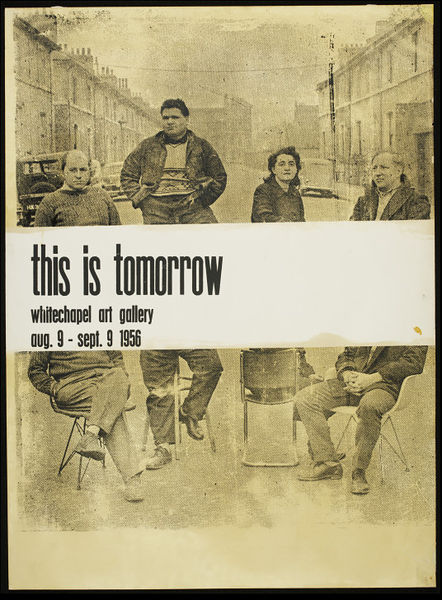Kristen Ghodsee’s Second World, Second Sex recovers the historical legacy of women from the Eastern bloc and post-colonial Africa as political activists for women’s rights and diplomats for socialist and non-aligned nations during the UN Decade for Women, 1975-1985. Second World, Second Sex challenges the conventional wisdom of three-wave feminist history by documenting the critical interventions made by women in service of a vision of equality that was always already intersectional, and that refused to separate women’s issues from questions of neo-colonialism, racism, and economic re-distribution. It offers a helpful and instructive reminder of socialist feminism’s rich and global history of organization and action, a history that was created and fought for in large part by alliances of women from non-aligned and socialist countries during the Cold War and whose memory is all too often erased from dominant Western histories of the women’s movement.
Articles by Steven Gotzler
Steven Gotzler is a Ph.D. Candidate in Literary and Cultural Studies at Carnegie Mellon University in Pittsburgh, PA. His research explores the intersections of intellectual cultures, labor, and literature during the 20th century. His work has been published in The Los Angeles Review of Books on Richard Hoggart and the politics of working-class studies. His dissertation, “The Uses of Culture: Intellectual Labor and the Sources of Cultural Studies in Britain and America, 1945-1964” offers an alternative critical history of the emergence of cultural studies in postwar Britain, turning to sources in Anglophone fiction, the visual arts, and North American social science
1956—The British New Left and the “Big Bang” Theory of Cultural Studies
In intellectual histories of cultural studies, the year 1956 usually figures as a “big bang” moment. Centered on the geopolitical flashpoints of the Hungarian Revolution and the Suez Crisis, it was the year that catalyzed the British new left, and thus, the story goes, provided a new front of political critique that would serve as the jumping-off point for the nascent formation of cultural studies in Britain. This article presents a brief overview of this conventional pre-history of cultural studies in Britain. It then departs from this familiar story to outline several other notable “big bang” moments happening elsewhere in 1956 with resonance across literature, global labor history, the visual arts, and the women’s movement. These other moments each arguably have considerable bearing on the articulation of cultural studies in Britain, and their examples provide a more globally diverse and textured frame for re-situating the emergence of cultural studies at mid-century beyond the narrow focus on new left politics.

